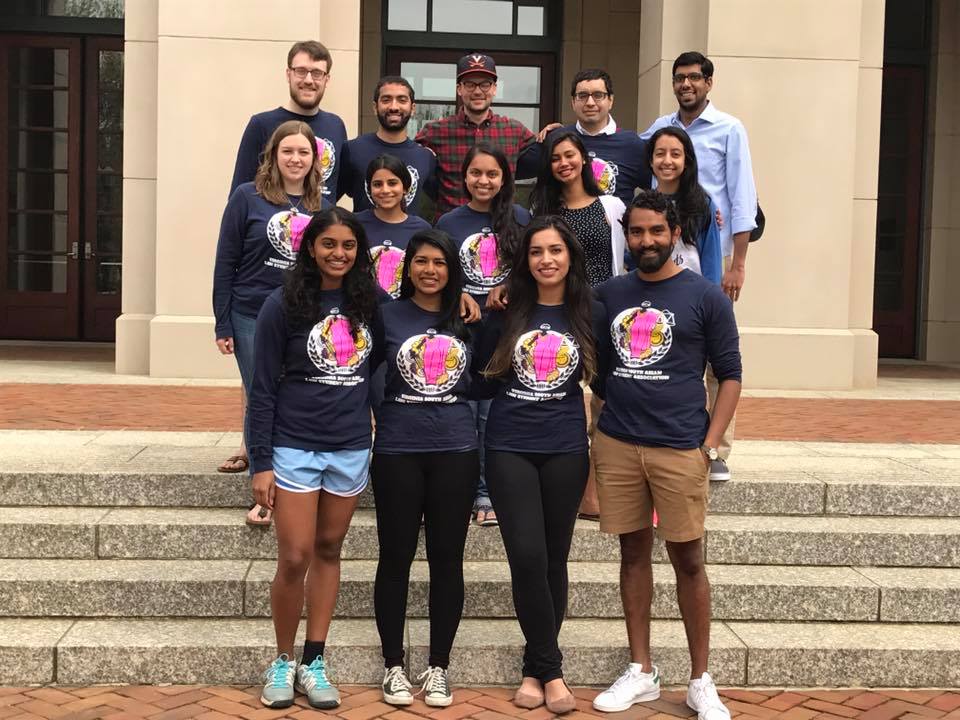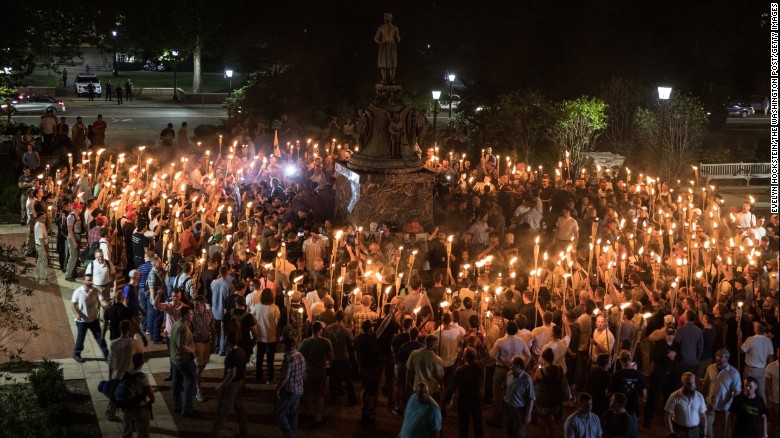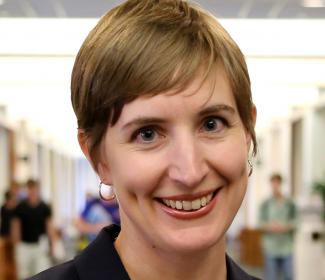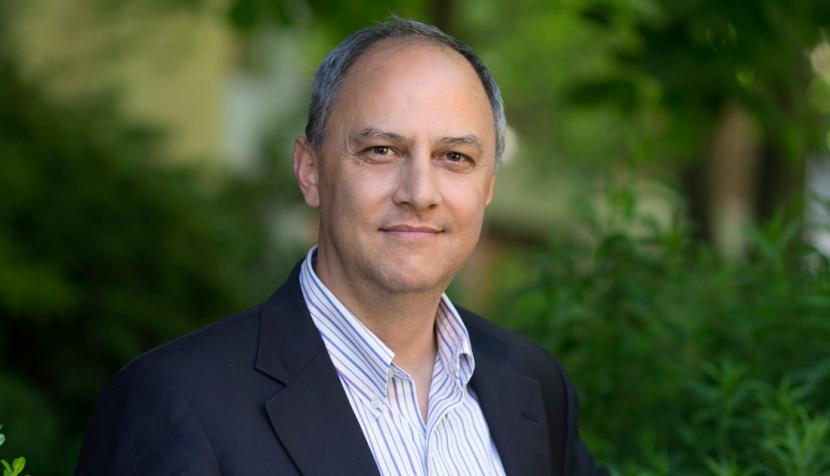On August 25, Hurricane Harvey made landfall in Rockport, Texas at peak intensity. In Rockport, entire blocks were leveled by the hurricane’s Category Four winds, measuring in at 132 miles per hour. The storm has resulted in eighty-one confirmed fatalities. Across the state of Texas, official aid workers and good Samaritans rescued over 13,000 individuals from the storm and its after-effects. The storm displaced another 30,000 people. Harvey inflicted serious structural damaged to over 48,700 homes throughout Texas, including completely destroying 1,000 residences. Nearly 700 businesses were damaged as well. The storm resulted in billions of dollars in estimated property damage.1
In addition to the storm’s devastating effects on the private well-being of Texas citizens, the consequences of Harvey threaten to stall the second-largest state economy in the United States. Risk Management Solutions analysts believe economic losses could run between 70 and 90 billion dollars.2 A majority of this loss stems from uninsured properties. The implications of storm recovery on Texas’ booming energy industry remain relatively unknown. The country’s most active oil refinery, Motiva, which typically produces 603,000 barrels of crude oil every day, has been shut down due to flooding and environmental concerns since the August 30. As much as thirty-one percent of the total American oil refining capacity has been either disrupted or severely limited since Harvey made landfall. The Houston area alone, known as the energy capital of the world, is capable of refining about 2.7 million barrels of crude oil a day, or fourteen percent of the nation’s capacity.3 Fuel shortages threaten to increase gas prices and decrease resource availability as displaced citizens return to the Houston area. The booming alternative energy industry, specifically in wind energy, is also certain to experience a stall in growth after Harvey. As the people of Texas fight to return to normalcy, a great many organizations have stepped up to help with the relief efforts.
Here at UVa, the Lone Star Lawyers are collecting donations for Texas relief efforts. All donations go to the Greater Houston Community Foundation and the Coastal Bend Food Bank in Corpus Christi, Texas. Venmo donations can be made to the group’s account at the username “@TxHoos.” For those hoping to provide more general forms of relief, Global Giving, the Center for Disaster Philanthropy, and the United Way of Greater Houston have launched Harvey relief funds for the thousands of people displaced or suffering from the effects of the hurricane. These general funds will disperse resources to immediately provide food, water, and shelter. The funds will then transition to fund more long-term recovery efforts, such as the redevelopment of residential and commercial areas. The Center for Disaster Philanthropy emphasizes investing “well rather than investing quickly” to address the greatest needs and gaps in funding that may yet emerge.4 Notably, Houston Texans star J.J. Watt has raised over $30 million for Houston relief efforts through “YouCaring,” a crowd-funding site.
Less than two weeks after Hurricane Harvey devastated Texas and the parts of the Gulf Coast, Hurricane Irma did the same in the Caribbean and southwestern Florida. The storm leveled 90 percent of structures on the islands of Anguilla, Barbuda, and Antigua.5 For the first time in 300 years, there is no one currently living on Barbuda. The large-scale devastation on the U.S. Virgin Islands left more than twenty people dead and thousands of people without power, running water, and cell service. St. John resident Stephanie Stevens reported to NPR that those on the island need security: “We all survived this monster storm. But will we survive the aftermath?”6 On Monday, Hurricane Maria made landfall in the Caribbean threatening the already distressed region. With winds over 100 miles an hour, Maria threatens to displace even more Caribbean residents and damage structures fragilely standing after weathering Irma. Similarly to J.J. Watt, Tim Duncan has started a “YouCaring” account for his native Virgin Islands that is still actively accepted donations.
The continental U.S. also suffered significant damage as a result of the hurricane. Southern Florida felt the brunt of the Category Four Irma as it made landfall. Nearly 6.5 million Florida residents across the state woke up to no electricity the week of September 11.7 The storm also left 10,000 Florida key residents homeless.8 Florida’s economy will experience substantial obstacles after Irma. Damage to Florida’s tropical fruit industry was dramatic with an anticipated 70 to 80 percent drop in crop yield. Recovery efforts in southern Florida will have to focus on both residential and commercial losses.
In response to the overwhelming destruction produced by these hurricanes, many organizations have joined the relief efforts. If you are currently a student looking to help with the hurricane relief efforts, there are several different methods to help those in need. As we’re all students and our surplus funds are often already allocated to G&Ts at Bilt, there is also the option to donate clothing and nonperishable food to affected communities. Students can get online and use GreenDrop, a charitable organization that will pick up clothing, shoes, household items, etc. at a scheduled time and location on behalf of the American Red Cross, the Military Order of the Purple Heart, or the Society of St. Vincent de Paul. All three organizations have pledged that current donations will go towards hurricane relief efforts. Scheduling a pick-up is extremely easy, so clean out your closets, and maybe your pantries too! The Salvation Army is accepting donations of food and water to provide to first responders, as well as coordinating massive feeding efforts for residents. Feeding Texas and many local food banks are also accepting food donations.
Donations will be needed long into the future with thousands of evacuees still displaced from Texas, the southern regions of Florida, and the Caribbean islands. Clean water, food, and clothing will be critical in the resettlement process. Please consider donating money, food, or clothing to the hurricane relief efforts through any of the convenient and reliable organizations currently contributing to relief efforts.
---
jpd5pd@virginia.edu
1 Holmes, Frank, “We Looked into the Effects of Hurricane Harvey and Here is What We Found,” Forbes, 09.05.17.
2 Id.
3 Id.
4 Wamsley, Laurel, “Here’s How You Can Help People Affected by Harvey,” NPR, 08.2017.
5 Wamsley, Laurel, “Here’s How You Can Help People Affected by Harvey,” NPR, 08.2017.
6 Dwyer, Colin, “The Rubble and Recovery of the U.S. Virgin Islands: ‘Will We Survive the Aftermath?” NPR, 09.2017.
7 Associated Press, “A Look at the Damage from Hurricane Irma in the Caribbean,” 09.2017. http://abcnews.go.com/International/wireStory/damage-hurricane-ir
8 Atkins, Katie, “10,000 People in the Keys Left Homeless by Hurricane Irma,” Miami Herald, 09.18.17.





